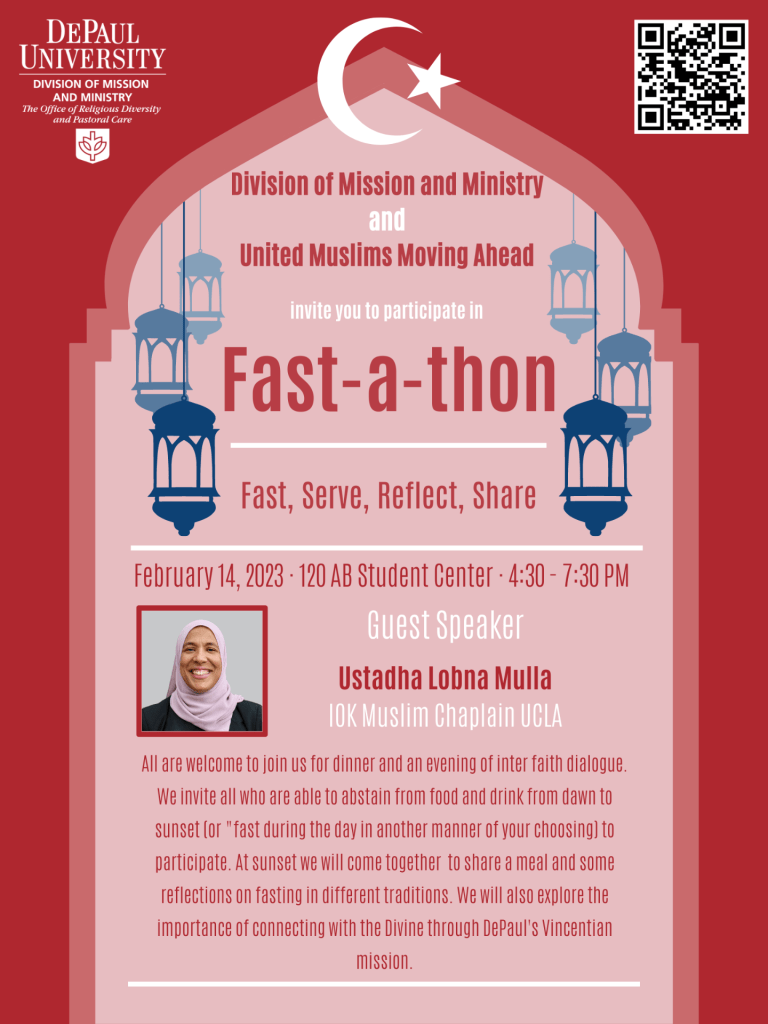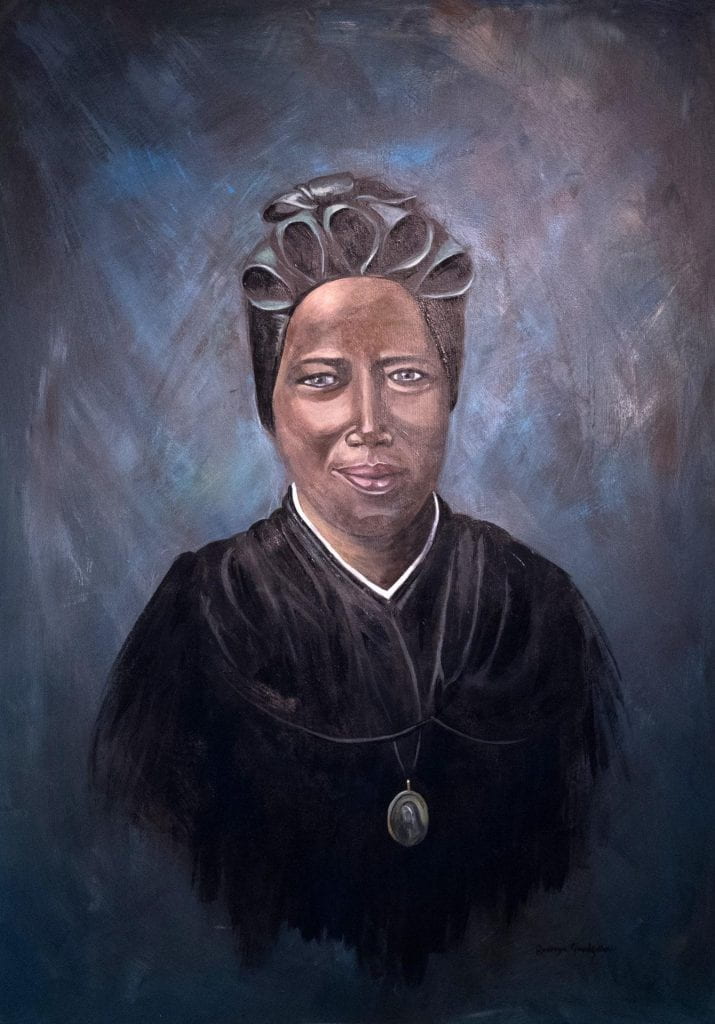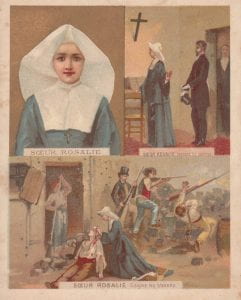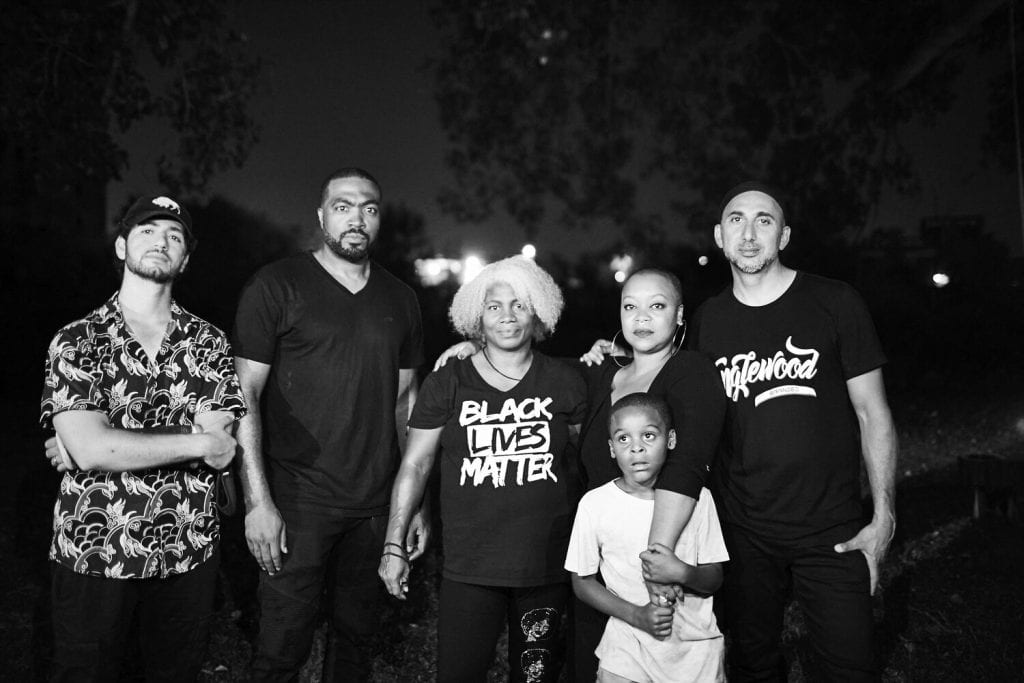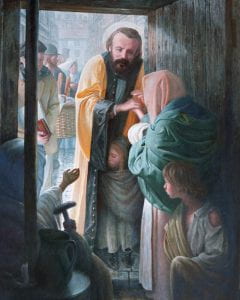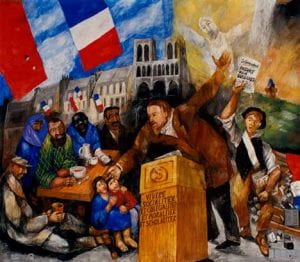We live in a time of challenges and change. The future is always unknown, but it seems clear that the future of higher education will have to be different in some ways from the present. We live in a time of dramatic polarization, when almost every event is viewed in completely contradictory ways. Navigating such times successfully requires many virtues, and among them are courage and love of community.
Several years ago, I went to an event with Rev. Jim Wallis, the founder of Sojourners, and currently the Chair in Faith and Justice and the founding Director of the Georgetown University Center on Faith and Justice. He was speaking about one of his books, and I remember what he said when he was asked a really good question, one with which many of us probably often struggle. After hearing Wallis’s impassioned call to be active in the struggle against racism and for social justice, a questioner asked whether people of faith can lead a movement for social change when religious institutions have their own internal problems of injustice, and fewer people are identifying with organized religious movements. Wallis replied to this “What people on the street are drawn to is courage. If people of faith show courage, people will follow them.”
Courage is indeed something that is powerful and inspiring. It can often be enigmatic as well. Sometimes courage is associated with destructive acts of violence, but often such actions are in fact acts of cowardice. Change always requires courage. This is true whether we are talking about individual growth or social transformation. To be an international student traveling to a new land away from family and friends and seeking a college degree in a language that is not your native tongue requires enormous courage. To be a first-generation college student balancing work and study in a world in which you are sometimes not sure you belong requires magnificent courage. If one looks at the writings of many of those we honor as the greatest of social justice thinkers and orators, from Mahatma Gandhi to Martin Luther King, Jr., to Malcolm X, we find that many of them were obsessed with courage. They knew that it was attractive, and they knew that it was necessary.
Recently (February 7) we celebrated the Feast Day of Blessed Rosalie Rendu, the great nineteenth-century Daughter of Charity. Sister Rosalie is often associated with courage because she lived during a time of great turmoil in France, of violent political revolutions and repeated cholera pandemics. She lived at a time when anticlericalism often ran rampant. Amid this, Sister Rosalie stuck to a principle of serving all in need of help and assistance, no matter their politics.[1] She observed a firm commitment to a preferential option for the poor but didn’t hesitate to embrace the rich or powerful when they could help in the service of those poor. Her courage and her commitment to what she believed won her respect and even love from many sides, something which is rare in polarized times.
We are nearing the anniversary of the assassination of Malcolm X, the remarkable African American religious leader and human rights advocate.[2] Although Malcolm X later became a celebrated cultural and political figure and even received a commemorative United States postal stamp, during his life he was highly marginalized and often vilified. He was also someone who evolved and was open to change and growth. This requires as much if not more courage than simply speaking against one’s enemies, because it sometimes means speaking an uncomfortable word of truth to one’s friends and allies, or even sometimes to oneself. Malcolm X was able to maintain the love and credibility of the masses because they knew he was true to his principles and true to his love for them. As Ossie Davis said in his eulogy, he was “our own black shining prince!—who didn’t hesitate to die, because he loved us so.”[3]
The love of community is built through mutual care for each other. This is what inspires love and loyalty. The guiding reminder of Sister Rosalie’s advice to the Daughters of Charity was that they “must be like a milestone on a street corner where all those who pass by can rest and lay down their heavy burdens.”[4] When you are confident that someone loves you and then that person shows courage and commitment to principle, you will follow them. Courage is creative, it wins over hearts, it inspires hope. Love and courage feed each other and become contagious in community. Connection to the transcendent and connection to the immanent combine to form the leaders who are needed in times like ours.
We invite all of the DePaul community to join the Division of Mission and Ministry and UMMA, the United Muslims Moving Ahead for our Annual Fast-a-Thon, “Love of Community” which will be held February 14, 2023. Program starts at 5:00 p.m. We invite people to try fasting that day as one way of building connection to the transcendent, but whether you can fast or not, please join us for a meal together at sunset, around 5:30 pm. Registration is through DeHub.
Reflection Questions:
- What connections do you have which give you courage?
- What issues or situations do you feel call out for or require your courage?
- What are ways we can build the type of community that makes us courageous in facing challenges and disagreement?
Reflection by: Abdul-Malik Ryan, Assistant Director, Religious Diversity and Pastoral Care
[1] Louise Sullivan, DC, Sister Rosalie Rendu, A Daughter of Charity on Fire with Love for the Poor (Chicago: Vincentian Studies Institute, 2006), 155. Available online: https://via.library.depaul.edu/vincentian_ebooks/5/.
[2] Malcolm X was assassinated in New York City on February 21, 1965.
[3] Ossie Davis, “Eulogy for Malcom X,” Faith Temple Church of God In Christ, New York City, February 27, 1965, radio broadcast, https://americanradioworks.publicradio.org/features/blackspeech/odavis.html
[4] Sister Rosalie attributed this maxim to her godfather, the Sulpician superior general Father Jacques Andre Emery.

